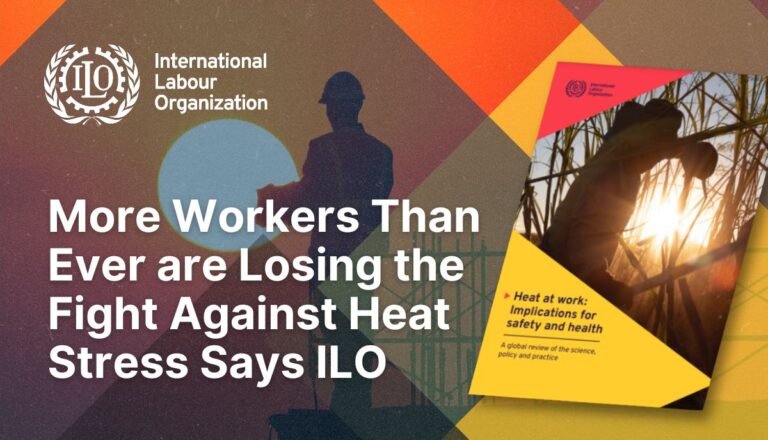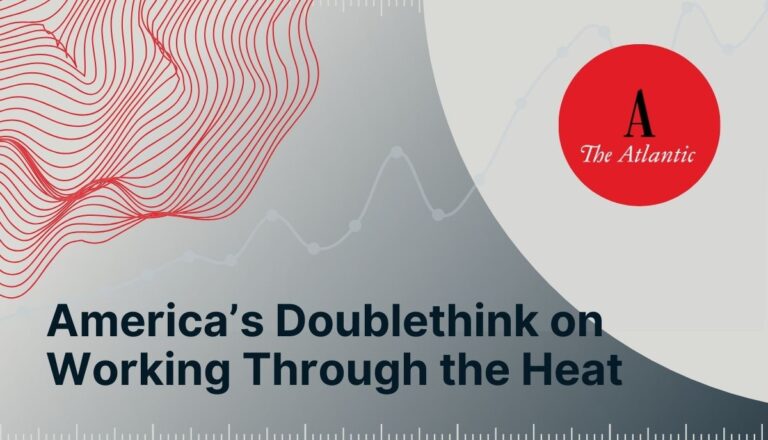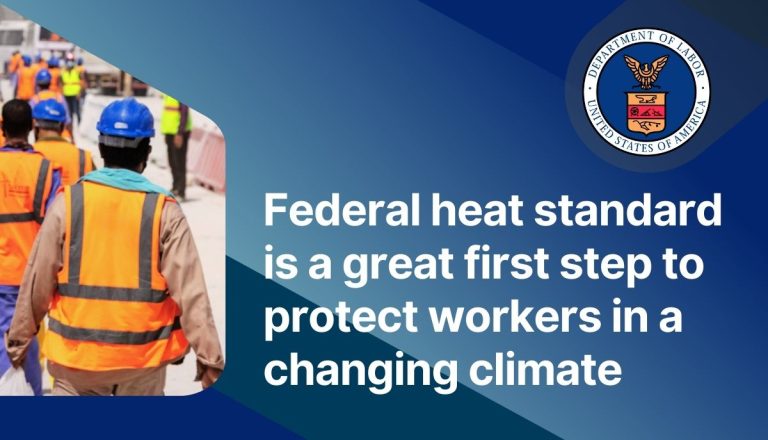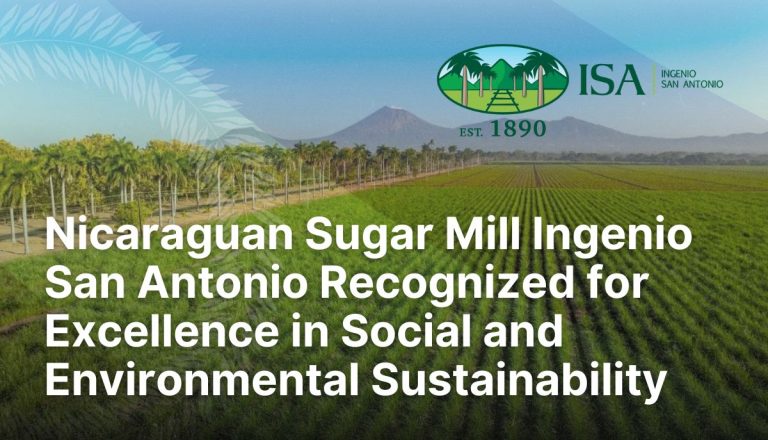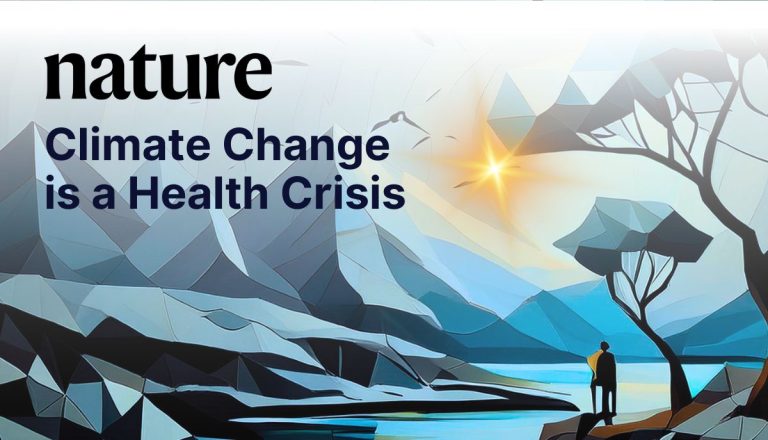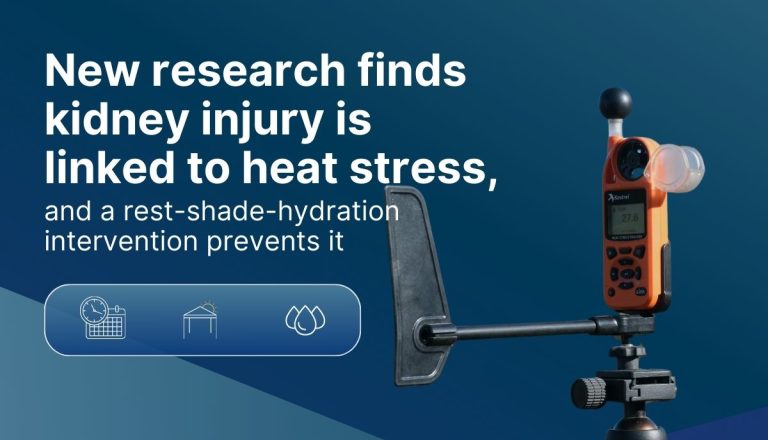La Isla Network partner organization, the Climate and Health Alliance, has just released a handy 20-page summary of the latest International Panel on Climate Change (IPCC) report to help you make sense of what the findings mean for our physical and mental health.
- Climate change is already harming people’s health.
While it’s important to acknowledge that escalating climate change into the future will produce disastrous health consequences, many significant health-related effects are already occurring due to climate change. These include “illness, injury, and death caused by extreme climate events such as floods, bushfires, and heatwaves; increased spread of mosquito- and tick-borne diseases; a rise in cardiovascular disease caused by extreme heat; respiratory diseases from air pollution; food insecurity; increased risks for mental health and wellbeing; and effects on livelihoods, migration, and conflict.”These negative health impacts overwhelmingly affect vulnerable and marginalized communities, most notably in impoverished areas of the Global South. At LIN, we have seen firsthand the health inequities that rising temperatures pose for vulnerable workers exposed to occupational heat, including the illness and death of tens of thousands due to CKDnt.
- More action is needed to protect our health.
We urgently need a climate-resilient health sector to respond to the increased health consequences of a warming world. Simultaneously, we need courageous action on eliminating fossil fuels to halt the escalation of temperatures that exacerbate existing climate-related health exposures.Particularly urgent is the need to reduce socioeconomic inequality, which has been escalating for the past five decades and become especially disastrous during the COVID-19 pandemic. At LIN, we have seen how socioeconomic precarity locks individuals into dangerous working conditions, exposing them to long hours of unsafe heat exposure with little to no occupational protections. This is true of migrant workers subjected to brutal work regimes in the gulf states building multi-billion dollar construction projects, workers throughout Central America in industrial agriculture harvesting the raw materials for some of the most profitable soda and consumables companies on the planet, and migrant farmworkers in the United States paid by dangerous piece-rate structures in unsafe temperatures exempt from the occupational and social affordances like overtime pay available to almost all other American workers. This is why occupational adaptations to protect workers from heat must also seek to support equity in pay. Through our involvement in the Bonsucro Members’ and Technical Advisory Councils, involving our Head of Development and Engagement, Evan Watson, and Senior Epidemiologist, Ineke Wesseling, we look forward to helping to inform the implementation of a living wage across the sugarcane sector.
- Climate solutions benefit our health and economy, making them ‘win-win-win’ actions.
Climate interventions are only costly if one ignores the profound costs of doing nothing. Interventions to improve health and build climate resilience have cascading effects that contribute to stable economies and participatory democracies. Further, at LIN, we have seen how occupational interventions for heat can generate a positive return on investment for employers.
The IPCC report is both a wake-up call and an opportunity. We have the tools to build climate-conscious health systems and must respect the urgency of the need to eliminate fossil fuels in order to protect ecological and human health.


